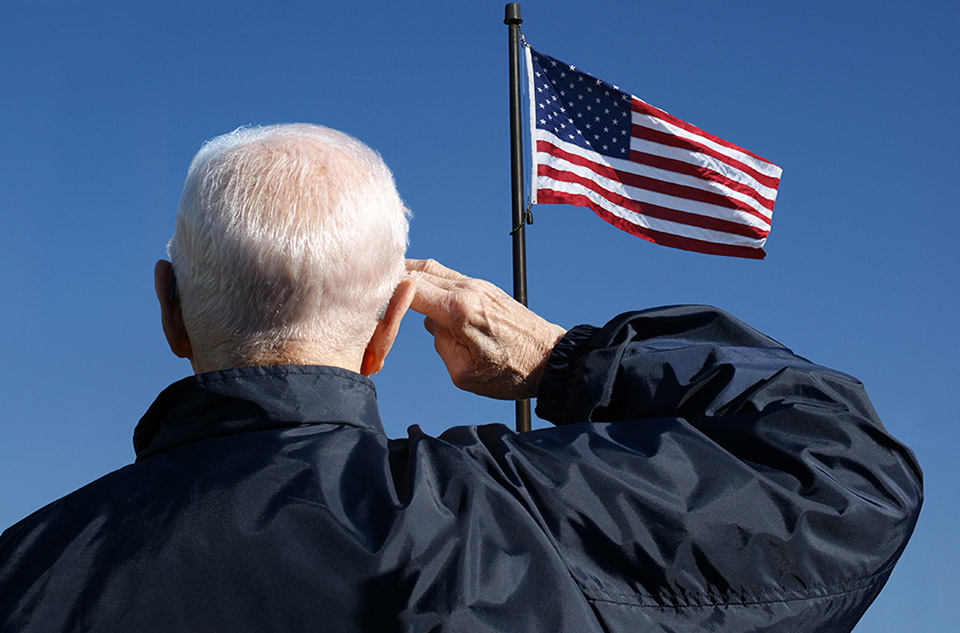As we’ve discussed previously, veterans are one of the most common demographics affected by hearing loss. Roughly a million veterans receive benefits related to hearing loss annually, which should give you a sense of the scale of the issue. Yet, not enough veterans get their hearing checked often enough and get the hearing loss treatment they need in order to have optimum quality of life.
Some veterans just don’t know very much about the kinds of benefits they may be eligible for. If you’re concerned you may not be eligible for benefits, the information below should help.
Some categories of veterans that are most likely to receive hearing aid coverage are:
- Those with any compensable service connected disability.
- Those who are former Prisoners of War.
- Those who were awarded a Purple Heart.
- Those in receipt of benefits under 38 U.S.C. 1151.
- Those in receipt of an increased pension based on the need for regular aid and attendance or by reason of being permanently house-bound.
- Those who have a visual or hearing impairment resulting from the existence of another medical condition for which the Veteran is receiving VA care, or which resulted from treatment of that medical condition.
- Those with significant functional or cognitive impairment evidenced by deficiencies in activities of daily living, but not including normally occurring visual or hearing impairments.
- Those visually or hearing impaired so severely that the provision of sensori-neural aids is necessary to permit active participation in their own medical treatment.
The instructions for audiologists are that veterans who exhibit one or more of the following symptoms are eligible for hearing aid coverage:
(1) Hearing aids may be provided to Veterans who meet the following minimum clinical prescribing criteria subject to evaluation by an audiologist:
(a) Hearing thresholds of 40 decibels (dB) hearing level (HL) or greater at 500, 1000, 2000, 3000, or 4000 hertz (Hz).
(b) Hearing thresholds of 26 dB HL or greater at three of the frequencies noted in paragraph 4c(1)(a).
(c) Speech recognition less than 94 percent (see 38 CFR 3.385).
(d) The hearing loss (hearing thresholds and speech recognition criteria in (a), (b), and (c) under 4c(1) above) is disabling, such that it affects their access to, active participation in, and/or provision of health care services (e.g., communication), and is considered to be clinical justification for hearing aids.
Of course, you don’t need to worry about what all this means—an audiologist will test your hearing and let you know exactly where you fall on the spectrum. We encourage your to contact your local VA to begin the process.
And remember, the best time to tackle hearing loss is before it happens. If you have a friend or loved one in the armed forces, encourage them to get custom hearing protection to protect their hearing and thereby decrease their chance of hearing loss later in life.
The main takeaway here should be that we are here to help you hear better.
We have years of experience working with veterans, and we will not let you down. Here is a recent review we received from a patient who is a veteran:
“I just want to compliment the friendly staff at Chicago Hearing Services for all your help during my appointment yesterday in your office. I want to particularly thank Emily Dudley Au.D who gave me a thorough hearing examination and made me feel so at ease. Her kindness and professionalism was so very much appreciated! Thanks again!” Jerry M.





